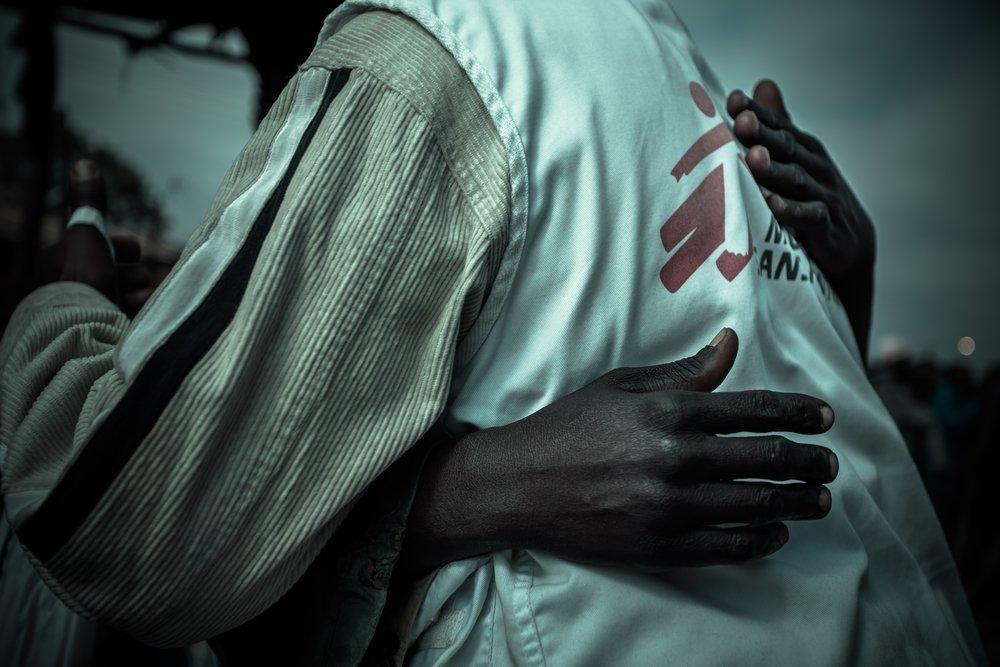The medical humanitarian organisation, Doctors Without Borders (MSF) is providing psychological and medical support to scores of women, men and children affected by the conflict in the Tana Delta region.
Since September 2012, MSF has been carrying out both individual and group therapy sessions to affected persons suffering mainly from insomnia, mutism, palpitations, hallucinations and loss of appetite due to loss and grief. In more extreme cases, some patients have become suicidal or homicidal. In the past four months, MSF counsellors have attended to over 1874 people in group sessions and more than 50 in individual sessions in targeted camps. The organisation has been conducting sessions in schools and has trained about 30 teachers in four schools and more than 40 health workers on different aspects of psychological counselling.
“Women are the most affected as they are haunted by memories of their children being burned alive. Others fear being separated from their children, or having to deal with displacement and homelessness”, says MSF nurse and counsellor Elizabeth Olela. “For example, one of my patients told me how she was unable to escape with all her children. When she went back for her two year old son, she watched in utter helplessness as people set him alight.”
MSF teams have witnessed first hand the effect that the violence and displacement is having on children in the area. The organisation has set up group and individual sessions in various schools in order to support distressed pupils. Some group sessions include teachers who apart from getting psycho-social counselling themselves, are consequently trained to be able to provide therapy to pupils in need. “Sometimes, it is difficult to complete a session because the school children are filled with emotions,” remarks Elizabeth Olela. “Some children suffer from Selective Mutism, that is, they stop talking. Others can’t sleep and this affects their performance in school.”
MSF is also concerned that the fear of further attacks is preventing sick and injured people from going to medical centres. The organisation has set up mobile clinics in IDP camps and in remote areas in order to provide essential medical assistance to displaced people. Giving basic medical care also allows medical staff to identify and assist patients in need of psychological support.
Dr. Joke Van Peteghem, the MSF Regional Health Advisor emphasises, “Our teams are focused on equipping people with coping mechanisms, so that they are able to deal with not only the current situation they face but also future violence that may occur in this volatile region.”
Some 200 people have been killed, hundreds injured and more than 2500 families displaced from their homes since August 2012. Health facilities have also been vandalised. Despite affirmations of improved security in the area, the situation remains precarious and the fear of a retaliation and consequent conflict is very much alive in the population, leading to the deterioration of both the physical and mental health of the population.
MSF is currently providing medical assistance to victims of this week’s attacks in Tana Delta. The medical organisation has been working in Kenya since 1987 and presently has projects in Kibera, Mathare, Homa Bay and Daadab refugee camp. MSF also responds to various medical emergencies in the country.

Mental Health